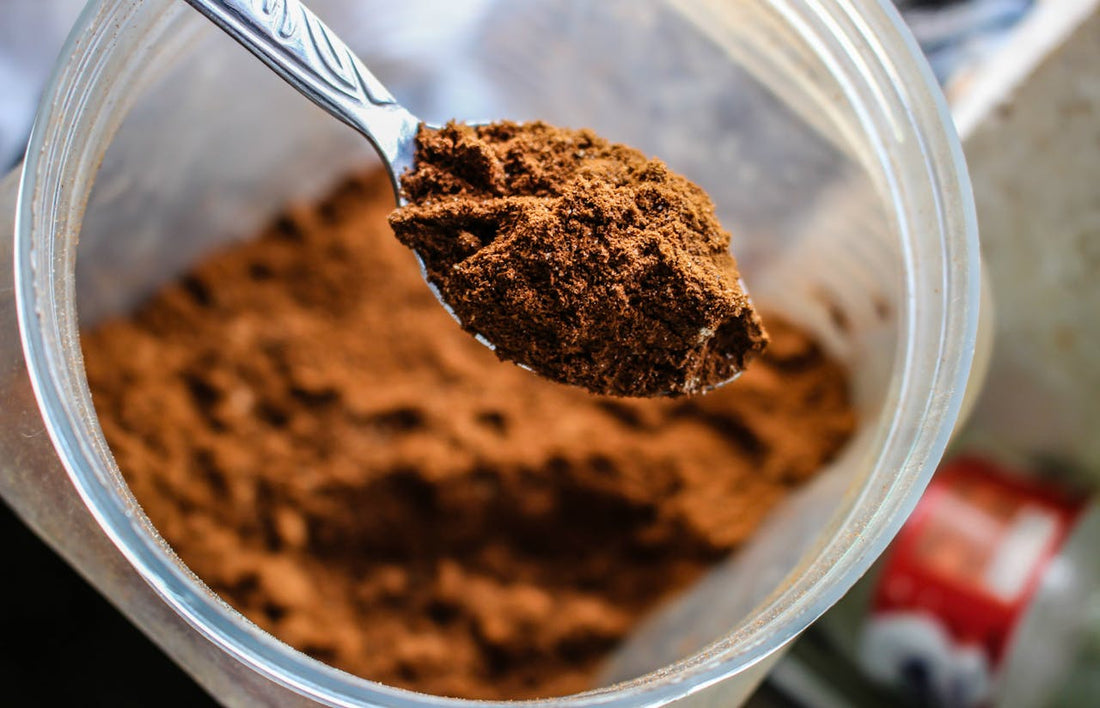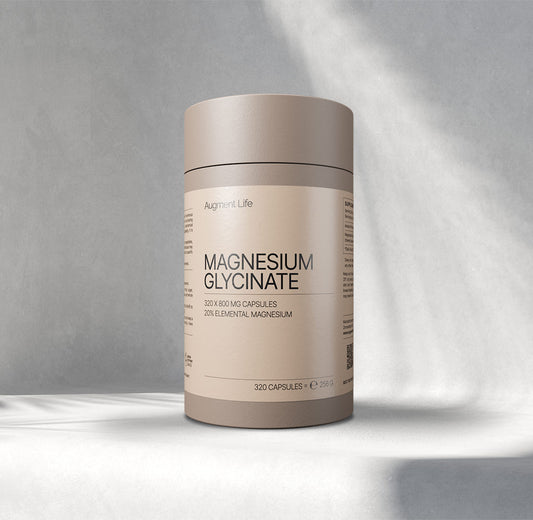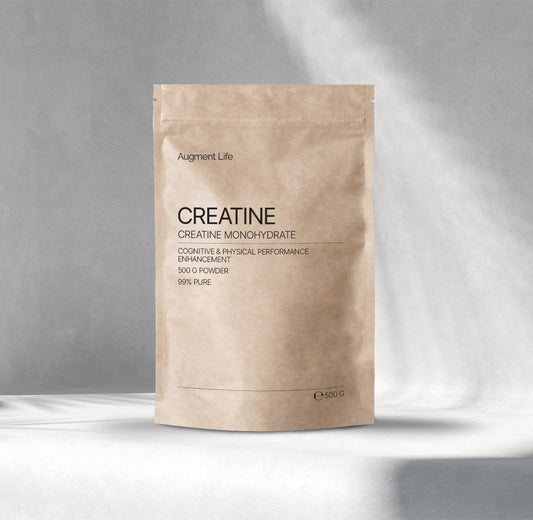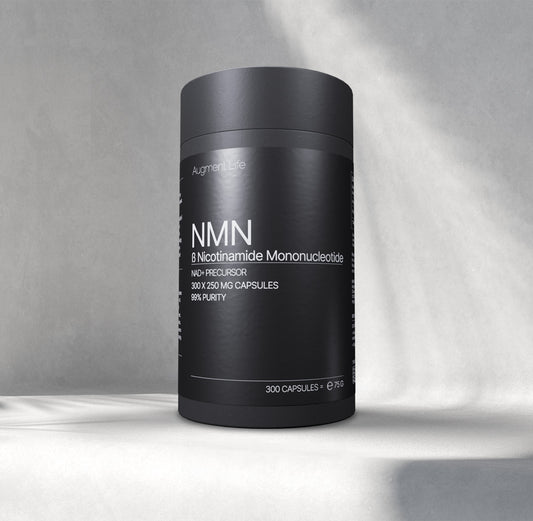If you are just new to creatine supplements, you can learn more about it by reading our article, “Why Should I Take Creatine?”
In this section, we’ll discuss if creatine can work wonders on your weight loss journey.
Creatine and Weight Loss
Creatine does not burn fat directly, but it can improve your metabolism. Muscle tissues burn more calories, even at rest, thus helping increase your resting metabolic rate. A stronger metabolism can help you burn more calories throughout the day, even when at rest.
This evidenced-based benefit was backed up by a study that showed supplementation of creatine increased fat tissue metabolism as well as the resting metabolic rate and total daily energy expenditure of adults ≥50 years in combination with resistance training1.
Additionally, since creatine helps increase muscle mass2– which is a lot denser than fat– and also draws water back to the muscle cells3, both of these can lead to weight increases.
To further enhance your weight loss, you can perform high-intensity or resistance workouts as you take creatine supplements. Creatine will significantly increase recovery time and help you hit your way to fitness.
A Word from a Dietitian
Many people tend to associate weight loss with the numbers they see on the scale. However, weight loss is more than just those numbers. Increased muscle mass and reduction in body fat (despite no changes in the scale) is a very good indication that you are losing weight and getting in shape.
Final Words
Creatine can help with weight loss by increasing your metabolic rate and when paired with physical training, can support your weight management goals.
References:
- Forbes SC, Candow DG, Krentz JR, Roberts MD, Young KC. Changes in Fat Mass Following Creatine Supplementation and Resistance Training in Adults ≥50 Years of Age: A Meta-Analysis. J Funct Morphol Kinesiol. 2019;4(3):62. Published 2019 Aug 23. https://pubmed.ncbi.nlm.nih.gov/33467377/
- Chilibeck PD, Kaviani M, Candow DG, Zello GA. Effect of creatine supplementation during resistance training on lean tissue mass and muscular strength in older adults: a meta-analysis. Open Access J Sports Med. 2017;8:213-226. Published 2017 Nov 2. https://pubmed.ncbi.nlm.nih.gov/29138605/
- Buford, T.W., Kreider, R.B., Stout, J.R. et al. International Society of Sports Nutrition position stand: creatine supplementation and exercise. J Int Soc Sports Nutr 4, 6 (2007). doi.org/10.1186/1550-2783-4-6








